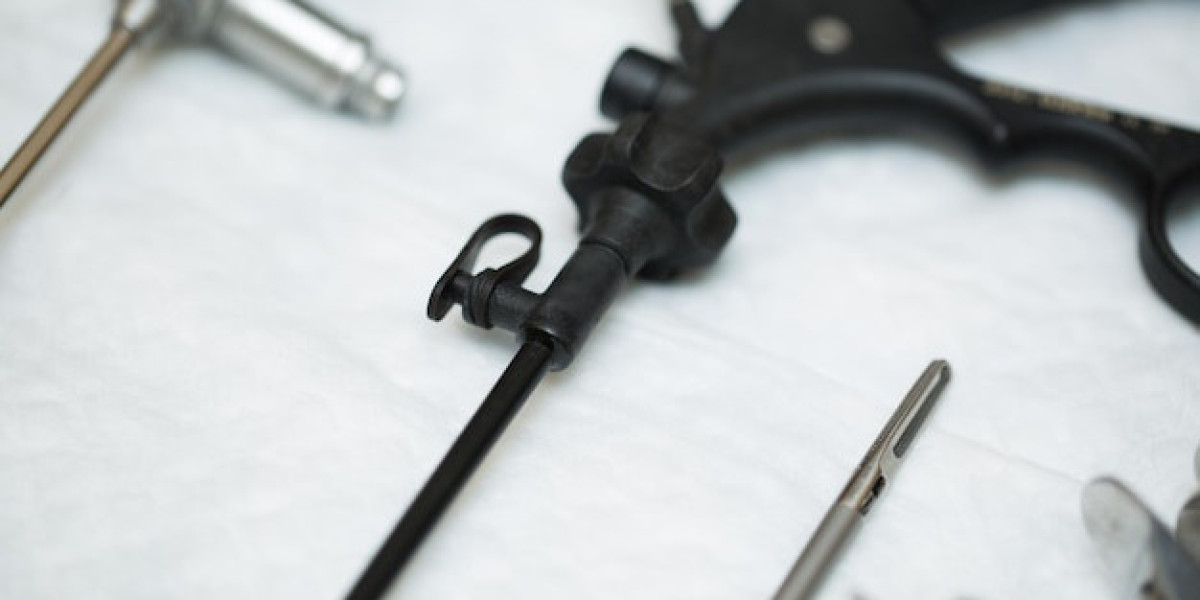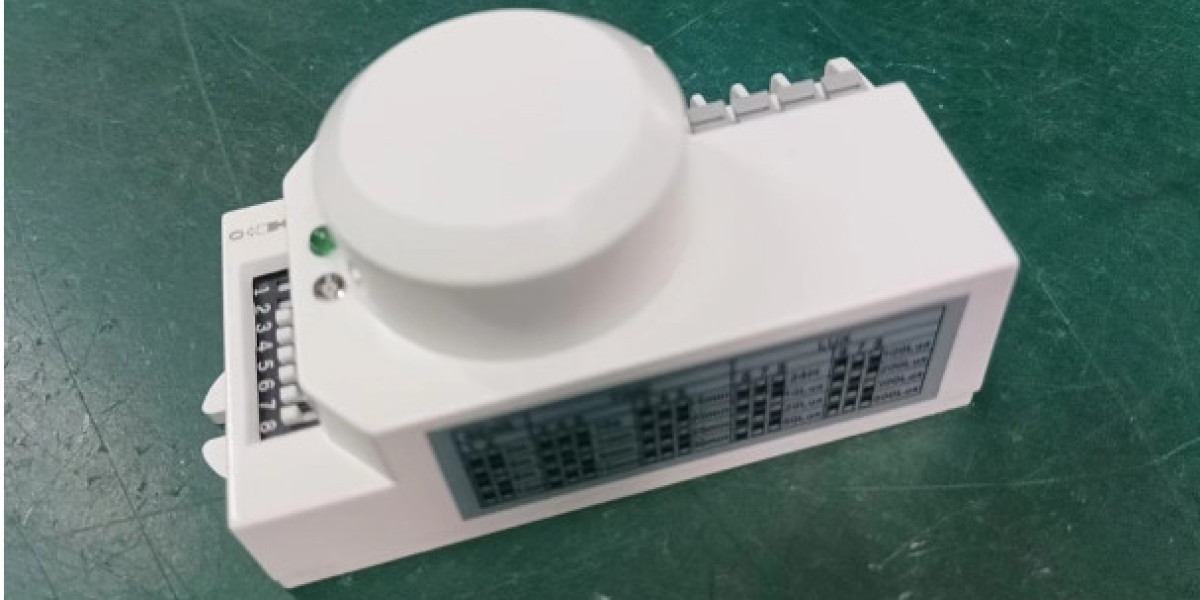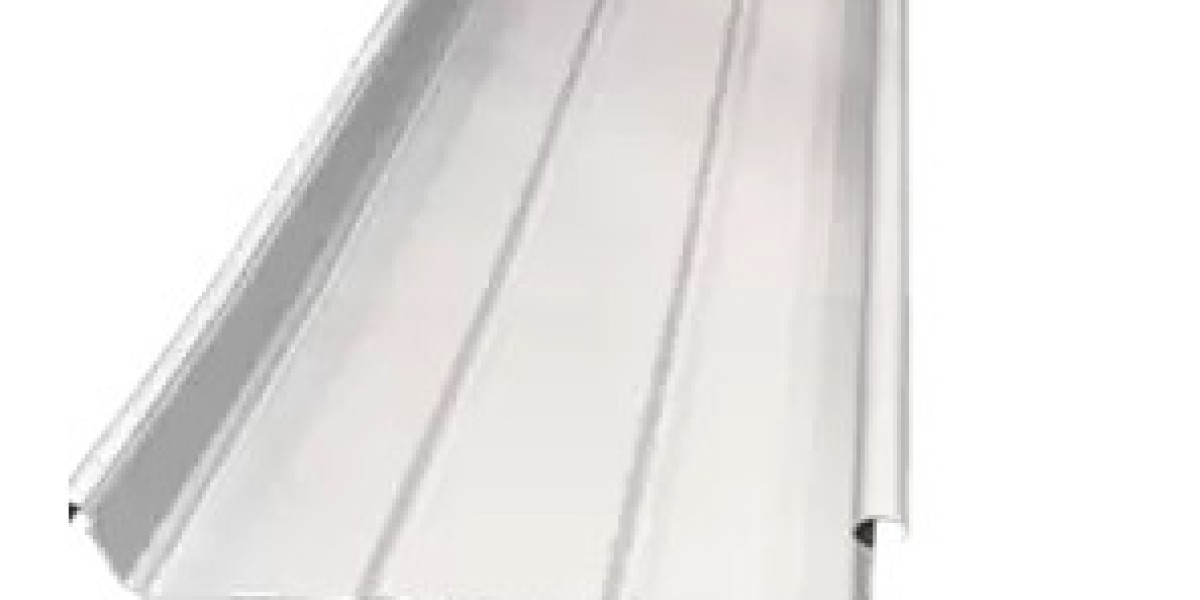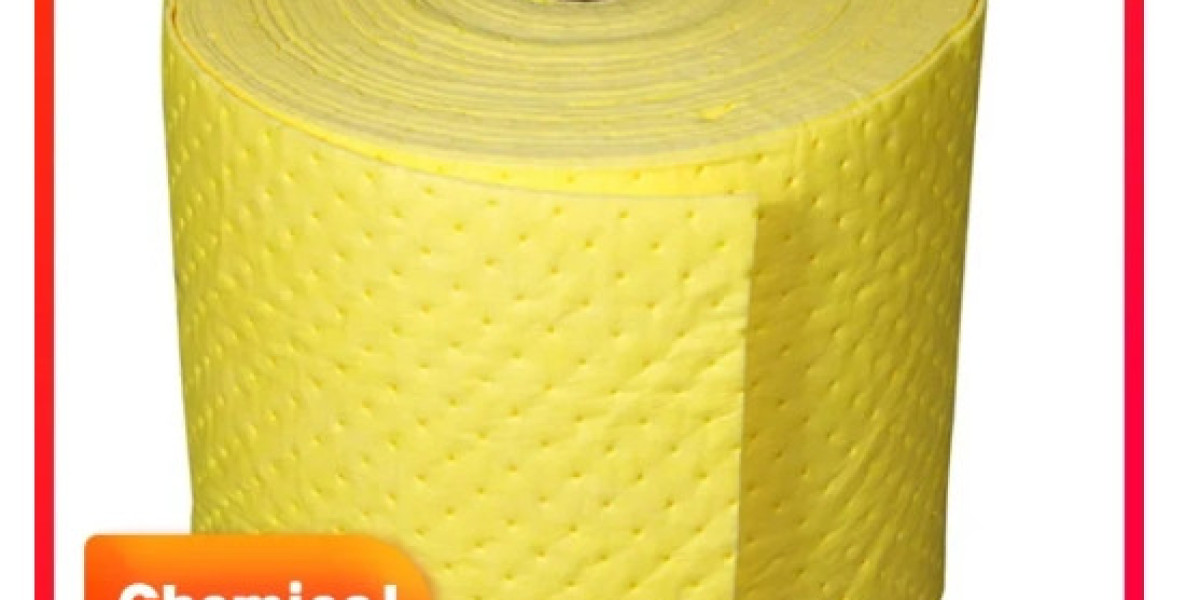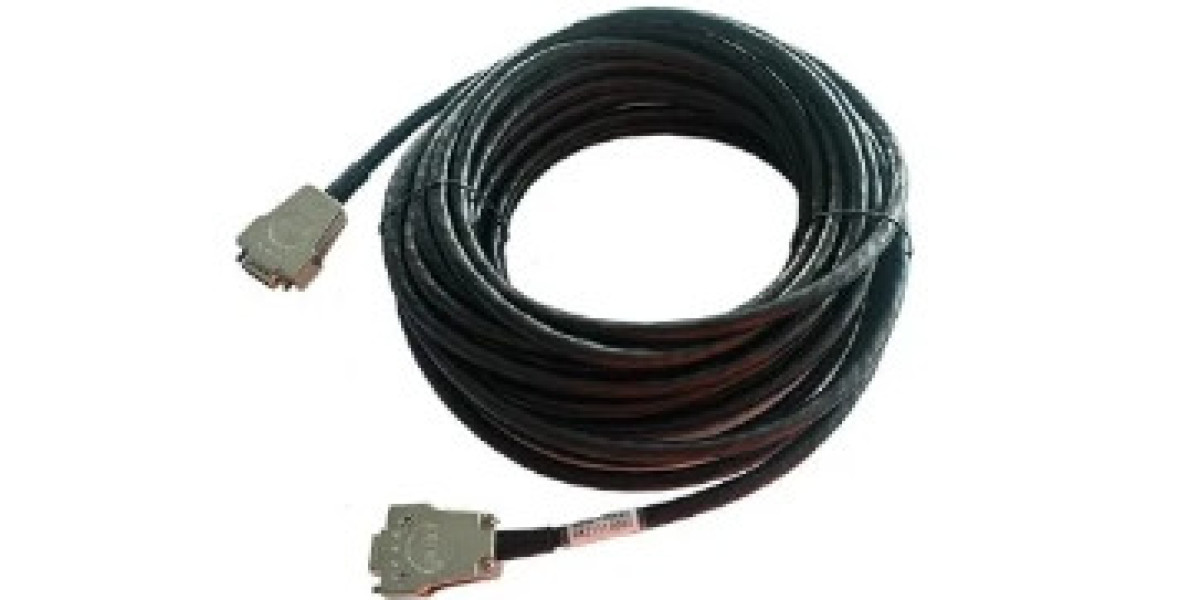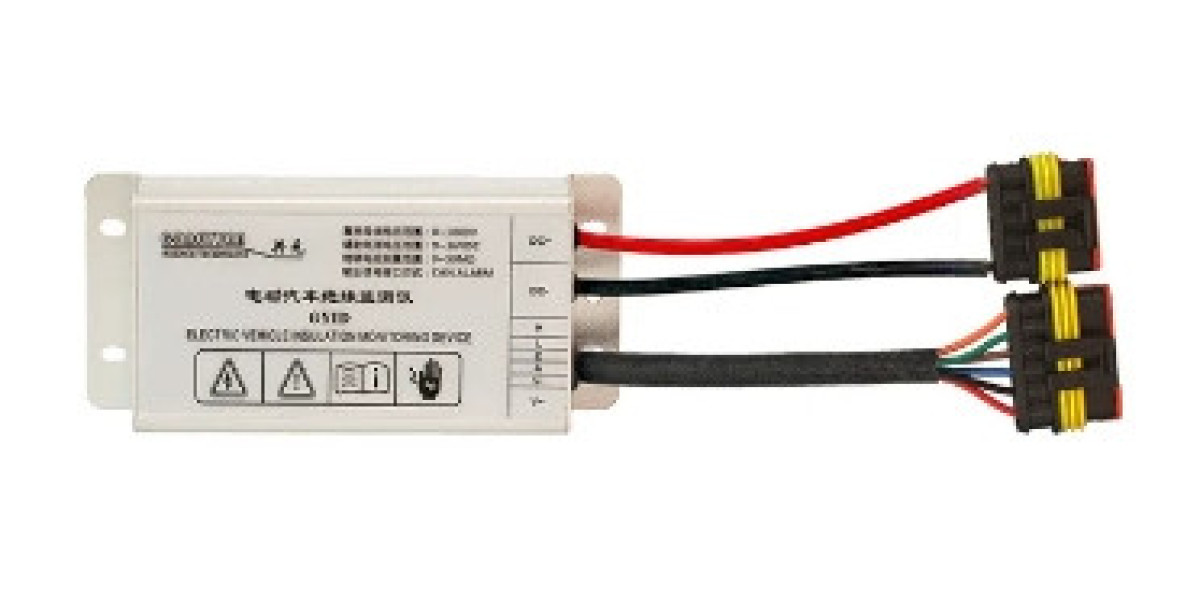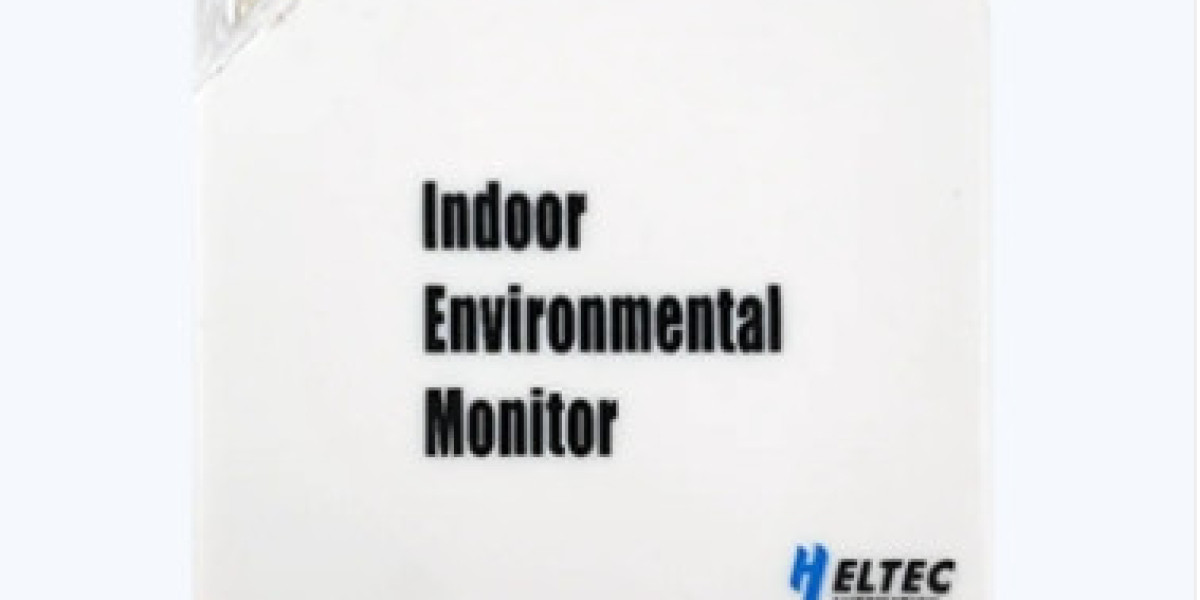Are you considering getting a tattoo or body piercing? Or perhaps you’re a seasoned artist or piercer looking to restock your supplies? Whether you're a beginner or a pro, having the right tools and equipment is crucial for a safe and successful experience. In this comprehensive guide, we’ll delve into everything you need to know about tattoo and body piercing supplies, from the essentials to the latest innovations.
Understanding Tattoo Supplies:
Tattooing is an art form that requires precision, skill, and the right equipment. Here are some essential tattoo supplies every artist needs:
Tattoo Machines: Also known as tattoo guns, these handheld devices are used to apply ink into the skin. They come in various types, including coil and rotary machines, each with its own unique characteristics.
Needles: Tattoo needles come in different configurations and sizes, depending on the type of tattooing technique and design. They are typically grouped together in configurations such as liners and shaders.
Ink: High-quality tattoo ink is essential for vibrant and long-lasting tattoos. It's crucial to choose ink that is sterilized and made from non-toxic ingredients to ensure the safety of your clients.
Power Supply: A reliable power supply is needed to control the speed and intensity of the tattoo machine. Look for power supplies with adjustable settings for optimal performance.
Grips and Tubes: Grips provide a comfortable and ergonomic handle for the tattoo machine, while tubes hold the needles securely in place during the tattooing process.
Hygiene and Safety Equipment: This includes gloves, disposable razors, sterilization pouches, and barrier films to maintain a clean and sterile environment and prevent the spread of infections.
Exploring Body Piercing Supplies:
Body piercing is a form of body modification that involves puncturing or cutting the skin to create openings for jewelry. Here are some essential body piercing supplies every piercer should have:
Piercing Needles: Sterile piercing needles are used to create the initial hole for the jewelry. It's crucial to use single-use, disposable needles to prevent cross-contamination and infections.
Piercing Jewelry: From studs and rings to barbells and captive bead rings, there are various types of jewelry used for body piercings. It's important to choose high-quality jewelry made from hypoallergenic materials such as surgical stainless steel, titanium, or niobium to minimize the risk of allergic reactions.
Piercing Clamps and Forceps: These tools are used to hold the skin in place and provide stability during the piercing process, ensuring accurate placement and minimizing discomfort for the client.
Antiseptic Solutions: Antiseptic solutions such as alcohol or saline solution are used to clean the skin before and after the piercing procedure to reduce the risk of infection.
Aftercare Products: Aftercare is essential for promoting healing and preventing complications after a piercing. This may include saline solution for cleaning, antimicrobial soap, and healing ointments.
Choosing the Right Piercing Kits:
For those new to body piercing, investing in a piercing kit can be a convenient and cost-effective option. Piercing kits typically include all the essential tools and supplies needed to perform piercings safely and efficiently. When choosing a piercing kit, consider the following factors:
Quality: Opt for kits that contain high-quality, sterile instruments and jewelry to ensure the safety and well-being of your clients.
Variety: Look for kits that offer a variety of piercing needles and jewelry sizes to accommodate different types of piercings and client preferences.
Ease of Use: Choose kits that come with clear instructions and guidelines for safe piercing practices, especially if you're a beginner.
Reputation: Research the manufacturer or supplier of the piercing kit to ensure they have a good reputation for producing reliable and safe products.
Staying Safe and Compliant:
Whether you're a tattoo artist or body piercer, safety and hygiene should always be top priorities. Here are some tips for maintaining a safe and compliant working environment:
Sterilization: Regularly sterilize your equipment and work surfaces using autoclaves or other approved sterilization methods to prevent the spread of infections.
Licensing and Certification: Ensure that you and your studio are properly licensed and certified to perform tattooing or body piercing in your area. Follow all local health regulations and guidelines.
Continuing Education: Stay updated on the latest techniques, trends, and safety protocols by attending workshops, seminars, and training courses in tattooing and body piercing.
Client Consultations: Before performing any procedure, conduct thorough consultations with your clients to discuss their desires, address any concerns, and ensure they are well-informed about the process and aftercare requirements.
By investing in high-quality tattoo and body piercing supplies, adhering to safety protocols, and prioritizing the well-being of your clients, you can create a positive and memorable experience for everyone involved. Whether you're a novice or a seasoned professional, the right tools and knowledge are essential for success in the world of tattooing and body piercing.
